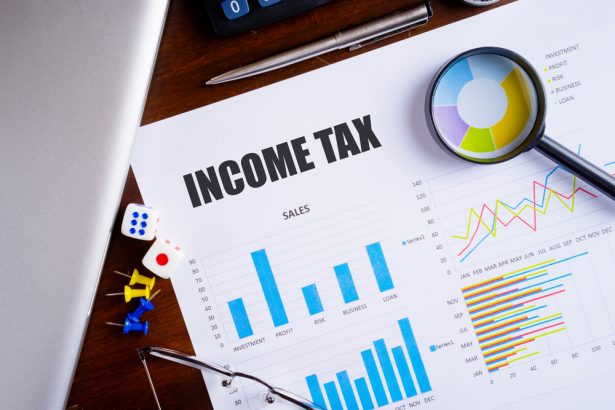![]()
New Delhi: The Central Board of Direct Taxes (CBDT) has extended the last date for filing ITR for FY 2019-20 to December 31 in view of the pandemic. Usually, the taxpayers are supposed to file ITR by July 31 but an exception was made this year due to the pandemic. So, if you’re running late, you still have roughly 10 more days to sort it out.
Filing an income tax return (ITR) involves a lot of documents related to the taxpayer’s finances. These documents may not be required for submission, but are essential to finalise the ITR.
Form 16
For all salaried individuals, Form 16 is the most important document for filing the ITR. This document is issued by the employer to its employees. It is a mandatory document and every employer is liable to issue Form 16 to all its employees from whom income tax has deducted from their salaries. It is a tax deducted at source (TDS) certificate and carries the details of the salary paid to the employee and their TDS.
Now what you must know about Form 16 is that it consists of two parts – Part A and B. Part A is the portion that consists of the income tax deducted by the employer in the financial year. Separately, it has the Permanent Account Number (PAN) details of the employee and the Tax Deduction Account Number (TAN) of the employer. Part B of Form 16 includes the break-up information of the employee’s gross salary.
Form 26AS
Income Tax Department generates an annual consolidated tax statement which is known as ‘Form 26AS’. Using PAN, all taxpayers can easily access it from the income-tax website. It contains the amount of the TDS of the salaried class and taxes paid during the financial year (in case of self-employed or businessmen).
Taxpayers can refer to their Form 26AS and tally it with their Form 16 for the amount of taxes they paid to the treasury of the central government while filing the ITR.
Improved ‘Form 26AS’ introduced by the government last month. It carries details in various categories of an individual’s financial transactions specified in the Statement of Financial Transactions (SFTs).
Certificates related to interest income
Apart from the income from salary, an individual gets income from various interest investments such as savings account deposits and fixed deposits from banks and post office. These financial institutions provide interest certificates/bank statements to their depositors for the same. An individual can claim deduction under section 80TTA of the Income Tax Act up to Rs 10,000 on the interest earned from their savings account held with a bank/post office.
Tax Saving Investments
Those individuals who could not submit their tax-saving investments to their employers during the stated period in the previous financial year will now have to submit the proof of the same directly to the Income Tax (I-T) Department for claiming tax deductions.
These include receipt of life insurance (LIC) premium paid, receipt of medical insurance, Public Provident Fund (PPF) passbook, 5-year FD receipts, mutual funds investment (ELSS), home loan repayment certificate/statement, donation paid receipt, tuition fee paid receipt, etc.
Medical insurance
Under Section 80D for payment of health insurance premiums, you can claim up to Rs 25,000. These insurance policies could be for yourself, your spouse, or your children. In the case of senior citizens, the limit is Rs 50,000.
You can claim an additional deduction under the Section if you are paying premiums for your parents. The limit is Rs 25,000 if your parents are less than 60 years of age. If your parents are over the age of 60, you can claim a maximum of Rs 0,000 per year.
Other investments
Interest paid on housing loan: Interest on housing loan is eligible for tax saving. This is for a self-occupied house.
Education loan interest payment.
We are providing practical training (Labor Laws, Payroll, Salary Structure, PF-ESI Challan) and Labor Law, Payroll Consultant Service & more:
- HR-Generalist-Practical-Training: https://oneclik.in/hr-generalist-practical-training/ (PF, ESI, Bonus, Payroll & more)
- Labour Code | Labour Bill (Labour-Law-Practical-Training): https://oneclik.in/labour-law-practical-training/ (Factory, Contact Labor, Maternity Act & more)
- PF – ESI Consultant Service: https://oneclik.in/pf-esi-consultant-service/
- Labor Law, Compliance & HR – Payroll Management
- Advance Excel Practical Training
Get Latest HR, IR, Labor Law Updates, Case Studies & Regular Updates: (Join us on Social Media)
- Telegram Channel: “One Clik”
- Whatsapp Group: https://wa.me/919033016939
- Facebook: One Clik
- Linkedin: One Clik
- Instagram: oneclik_hr_management
- YouTube: One Clik

